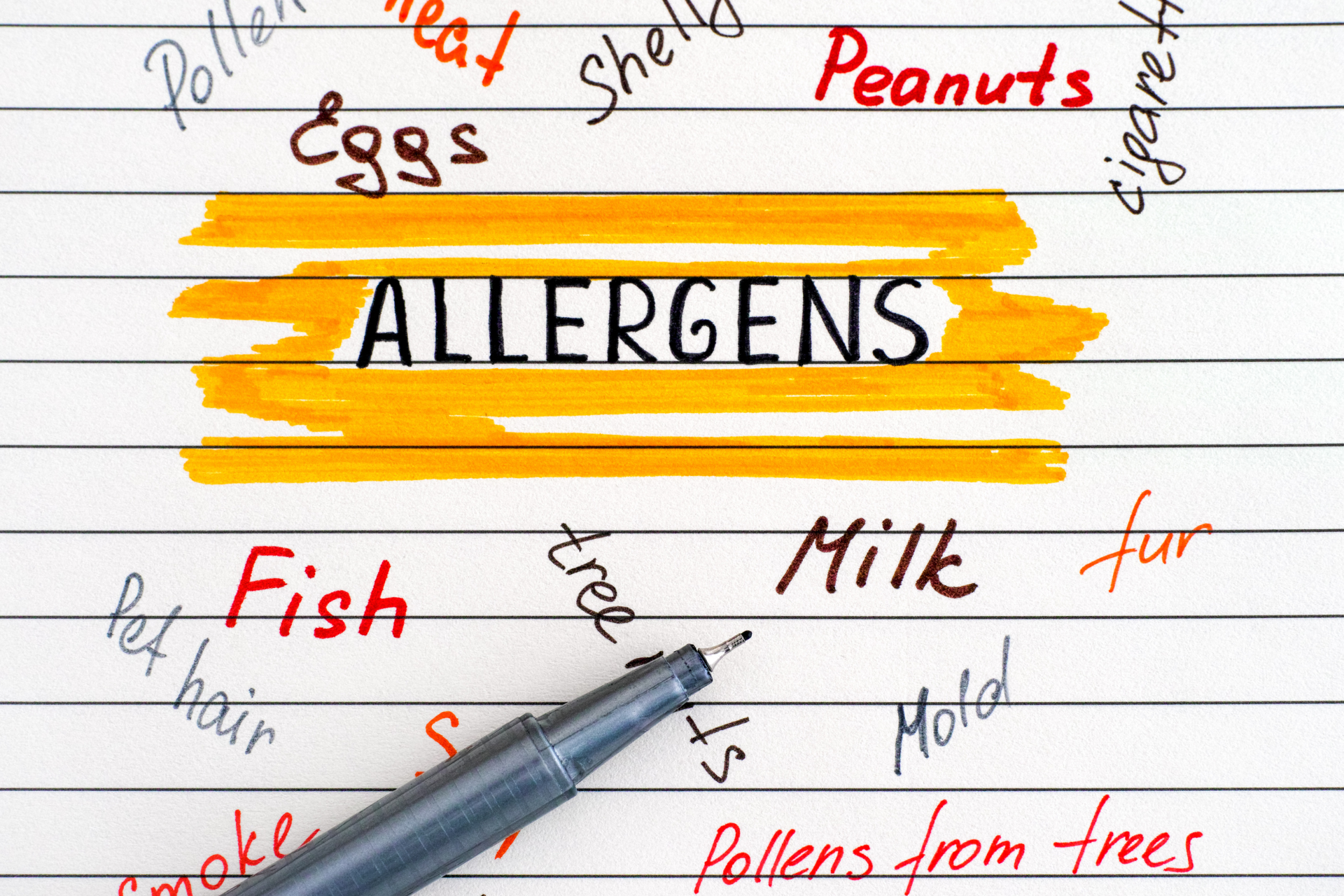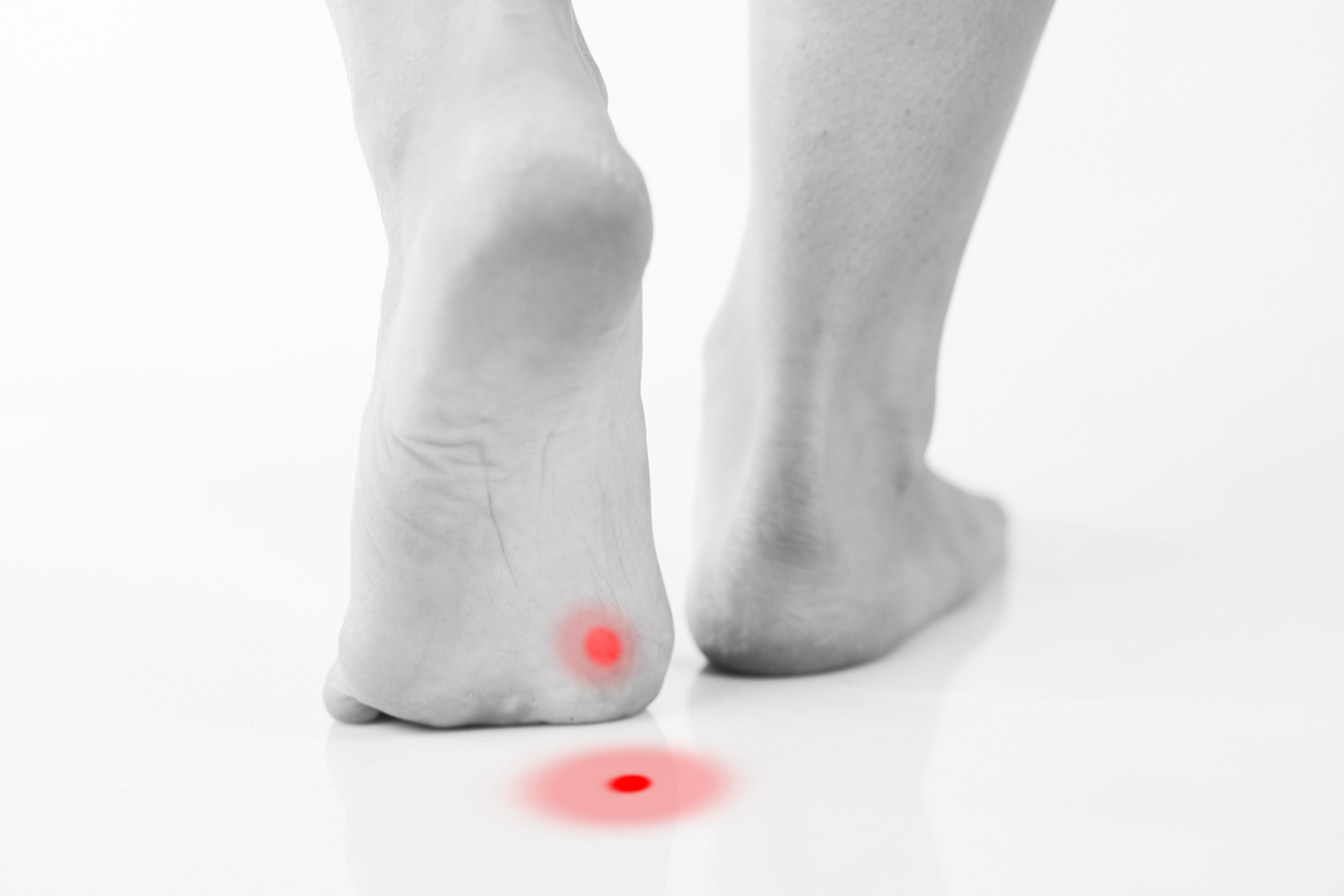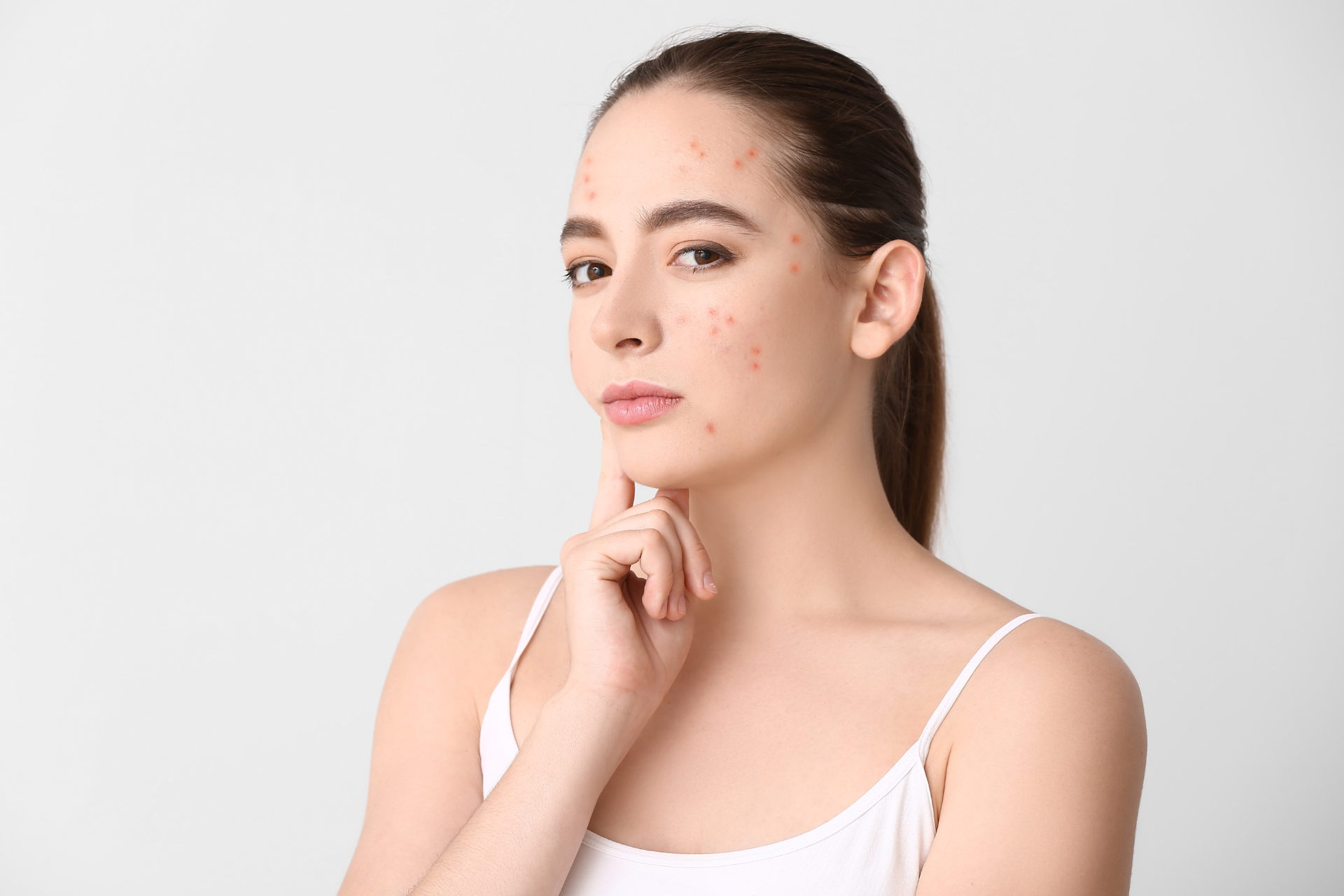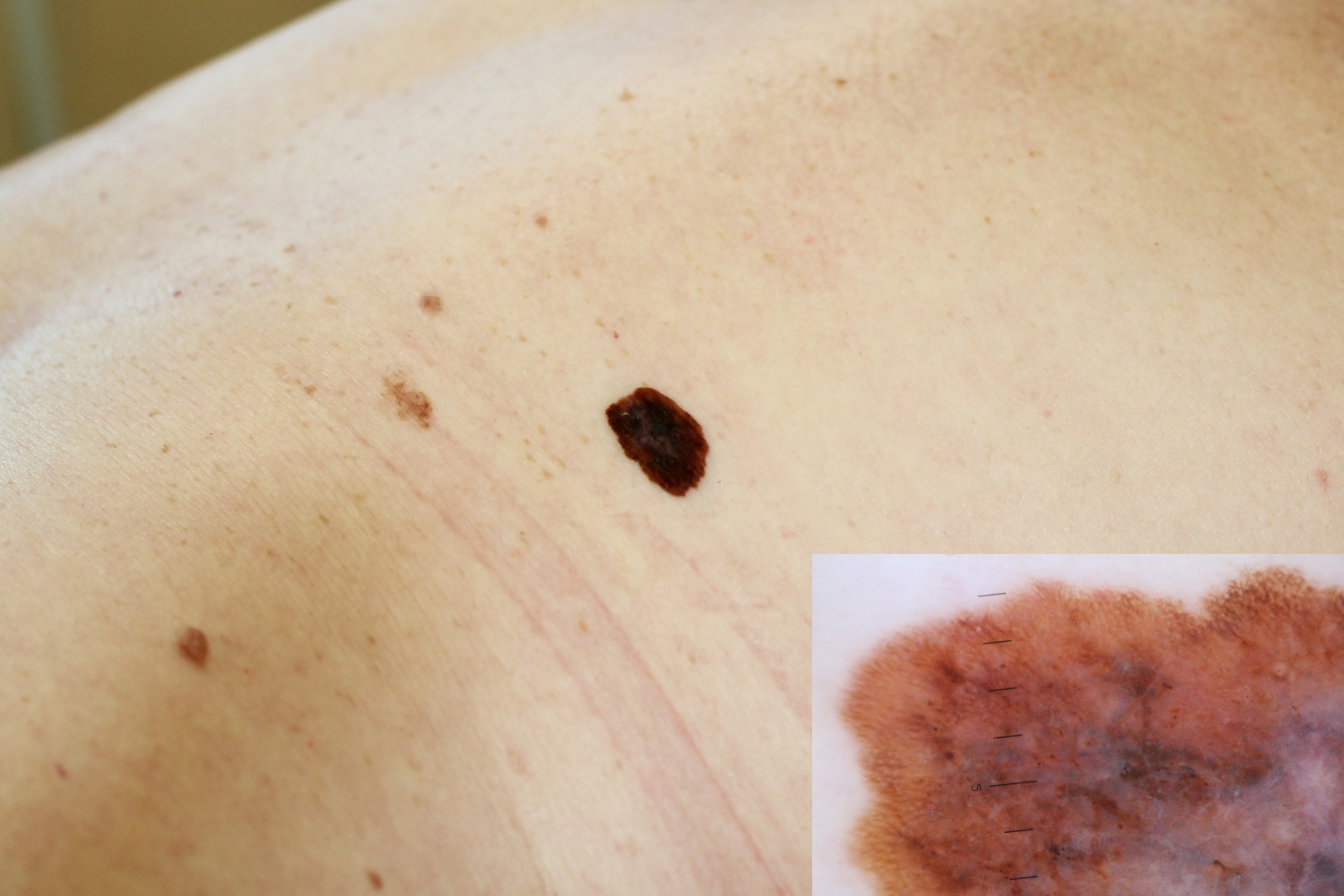Common Allergens and How to Identify Them

At Fall Creek Skin and Health Clinic, we understand that allergies can significantly impact your quality of life. Whether it's sneezing during springtime blooms or dealing with itchy skin, identifying common allergens is crucial for managing your symptoms effectively. This blog post will explore prevalent allergens, how they affect your body, and tips on identifying them.
What Are Allergens?
Allergens are substances that trigger an allergic reaction in susceptible individuals. When your body encounters an allergen, it mistakenly perceives it as a threat, activating the immune system and causing symptoms that can range from mild to severe. Common allergens include pollen, dust mites, pet dander, certain foods, and skin products.
Common Allergens
1. Pollen
One of the most well-known seasonal allergens, pollen comes from trees, grasses, and weeds. Allergies to pollen, also known as hay fever or allergic rhinitis, often manifest as sneezing, runny nose, and itchy eyes, particularly in the spring and fall.
2. Dust Mites
These microscopic creatures thrive in warm, humid environments, particularly in bedding and upholstered furniture. Symptoms of dust mite allergies include sneezing, coughing, and skin irritations. Regular cleaning and using dust mite-proof covers on pillows and mattresses can help minimize exposure.
3. Pet Dander
Proteins found in the skin cells, urine, and saliva of furry pets can trigger allergic reactions in some individuals. Symptoms often include nasal congestion, sneezing, and skin rashes. If you suspect pet dander is a problem, try to limit your pet’s access to certain areas of your home and clean regularly.
4. Food Allergens
Foods such as peanuts, tree nuts, dairy, eggs, and shellfish are common allergens. Symptoms can range from mild (itching, hives) to severe (anaphylaxis). If you suspect a food allergy, keep a food diary and consult with a healthcare professional for testing.
5. Skin Products
Skincare products, cosmetics, and even some laundry detergents can contain irritating chemicals and fragrances. Detecting reactions often involves monitoring your skin’s response after trying new products. If you experience redness, itching, or swelling, consider switching to fragrance-free and hypoallergenic products.
Tips for Identifying Allergens
1. Keep a Symptom Diary
Note when and where your symptoms occur. This can help you identify potential triggers. Include factors such as outdoor activities, indoor environments, and newly introduced products.
2. Allergy Testing
A healthcare provider can conduct skin or blood tests to pinpoint specific allergens. This is a crucial step for those experiencing severe reactions or looking for targeted treatments.
3. Environmental Control
Make systematic changes to your environment. Use air purifiers, regularly wash bedding, and vacuum carpets with a HEPA filter to reduce allergen levels in your home.
4. Consult a Professional
If you suspect you're dealing with allergies, come to Fall Creek Skin and Health Clinic. Our team is here to guide you through diagnosis and treatment options tailored to your needs.
At Fall Creek Skin and Health Clinic, we prioritize your health and well-being. With the right knowledge and strategies, managing allergens becomes more manageable, allowing you to enjoy life to the fullest. Reach out to us today for expert care and support in your journey to better health!




